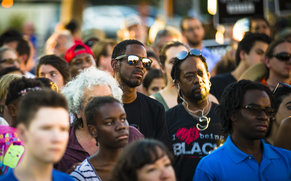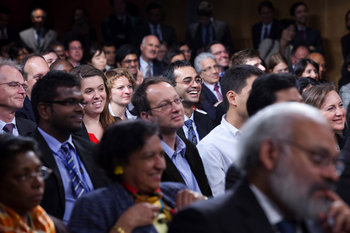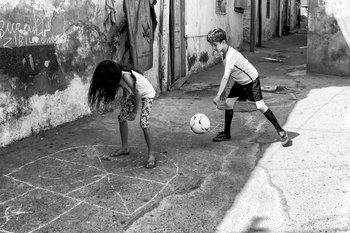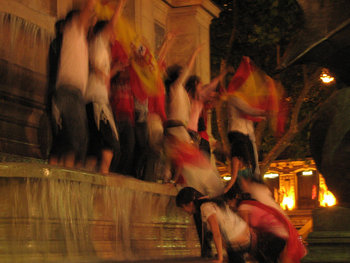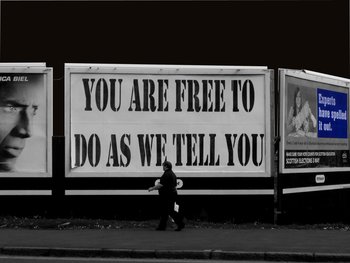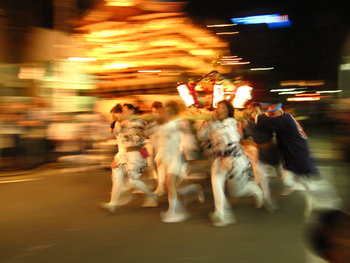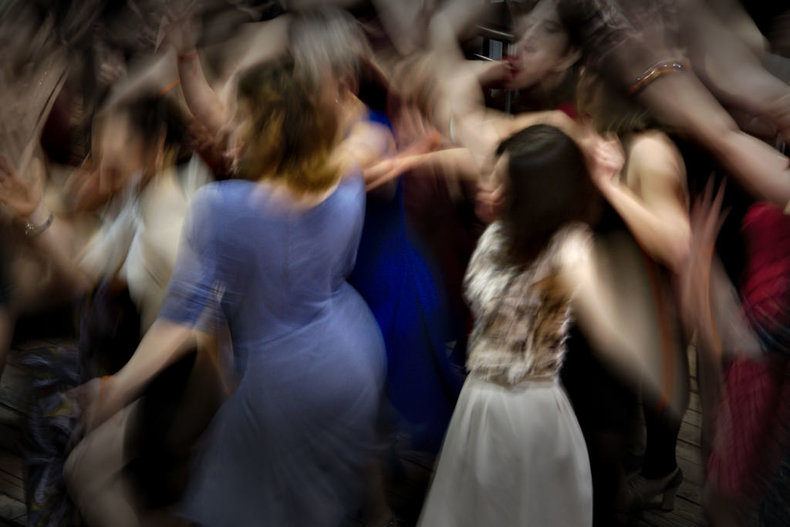
The Right to Life
The right to live.The Right to Human Dignity
The right to physical, psychological and social integrity and empowerment.Integrity of the Person
The right to be the exclusive controller of one's own body, mind and life. This relates to the right of informed consent for medical treatment and other issues related to respect for the human body.Freedom of Speech
The freedom to communicate opinions and ideas without fear of retaliation, censorship or legal sanction.Freedom from Bondage and Slavery
Freedom from slavery or servitude.Freedom of Movement
The freedom to move freely. This requires adequate public space that is accessible to all. Freedom of movement also includes a right to chose your residence, travel abroad, to emigrate and to repatriate.Right to Security
Freedom to build resilience to harm and risk. This is interpreted as the freedom to take reasonable steps to protect yourself, your family and your property.Privacy
The freedom to live aspects of your life unobserved and unrecorded.Right to Marry and Found a Family
The right to marry who you want, to procreate and raise your children.Freedom of Thought, Conscience and Religion
The freedom to adhere to a religion and/or set of personal beliefs. This includes the right to change or quit religions.Freedom of Information
The freedom to publish and communicate information and option and to access such public information. This includes freedom of the press.Freedom of Assembly & Association
The freedom to organize into groups based on common interests and the right of peaceful assembly. For example, the right to form a political organization and to protest in a peaceful way.Freedom of Choice
The freedom to make your own choices, pursue opportunity and make your own decisions with regard to risk.Freedom of Arts & Science
The freedom to pursue scientific inquiry and artistic expression.Economic Freedom
The freedom to conduct a business, pursue an occupation and to engage in work.Right to Property
The right to own, use, dispose of and bequeath lawfully acquired possessions and land.Non-discrimination
The right to equal treatment and freedom from discrimination based on any grounds including sex, race, ethnicity, social origin, genetic features, language, religion, belief, birth, disability, age or sexual orientation.Culture
The freedom to engage in a culture, tradition or language.Rights of the Child
The rights of the child include the right to protection, care and the freedom to express themselves and have their views taken into consideration in accordance with their age and maturity. Children also have the right to education, freedom to play and to spend time with both parents unless that is contrary to the child's interests.Rights of the Elderly
The right to lead a life of dignity and independence in old age.Rights of Persons with Disabilities
The right to independence, social and occupational integration and participation in the community for people with disabilities.Democratic Rights
The right to run as a political candidate, to vote and to petition the government.Presumption of Innocence and Right of Defense
The principle that people are presumed innocent until proven guilt according to the law and the right to defend your innocence at trial.Freedom from Arbitrary Detention
The right not to be detained or imprisoned without sufficient legal grounds.Freedom from Unreasonable Search and Seizure
The right not to be arbitrarily searched or to have your assets seized without sufficient legal grounds.Rights Against Self-incrimination
The right to remain silent and to keep secret any information that may hurt your legal defense.Notes
The list above is loosely based on the EU Charter of Fundamental Rights, the Constitution of United States of America, particularly the Bill of Rights, and the Canadian Charter of Rights and Freedoms. Some of the examples above are rights. A right is the power to do as you want and a freedom is an ability to do what you want without hindrance. These are closely related concepts that are difficult or impossible to separate. Not all nations guarantee all the freedoms and rights above.The list above is not exhaustive. For example, the EU Charter of Fundamental Rights includes many rights not listed in this article.Summary
The following are common types of freedom.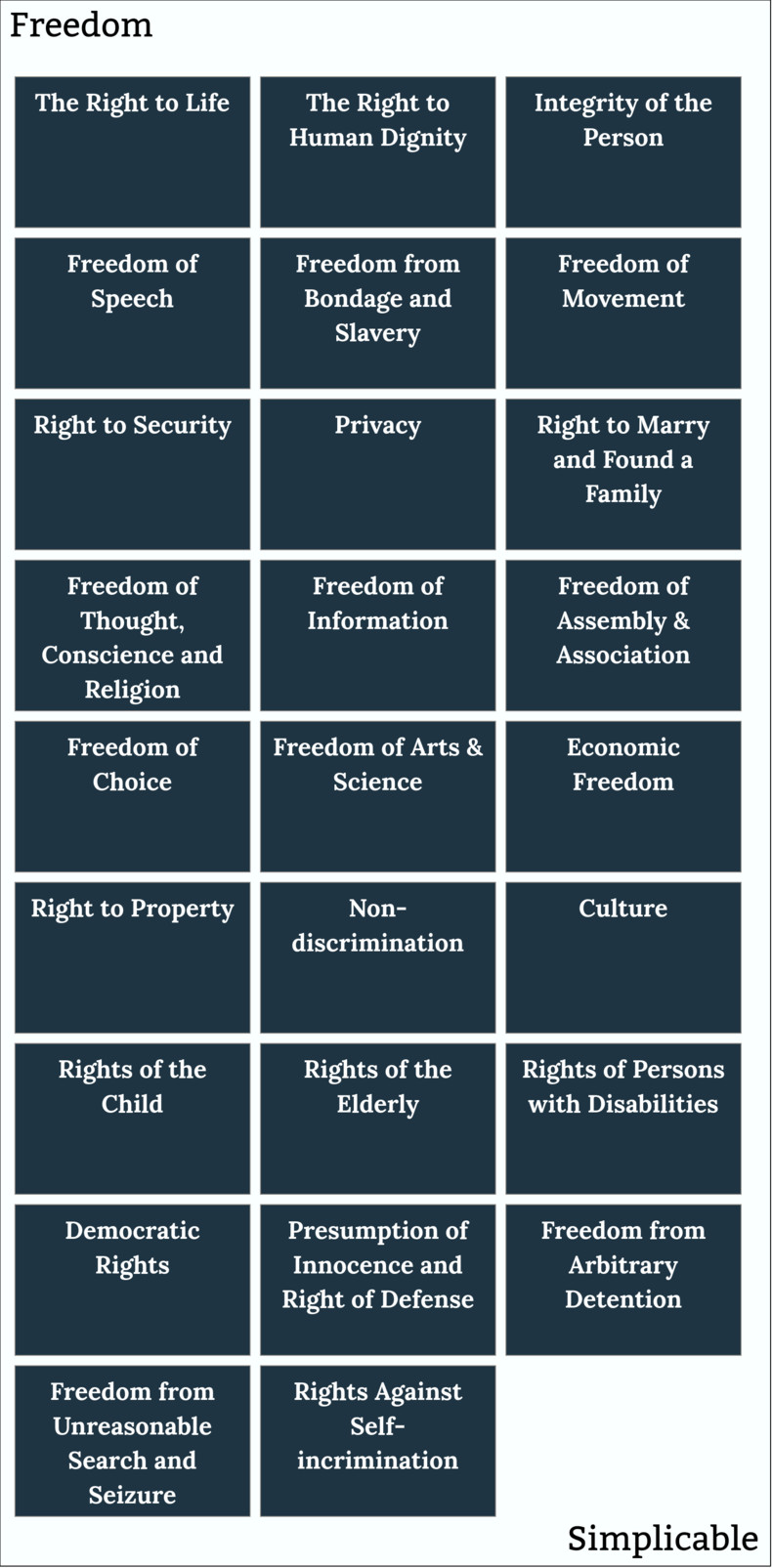
Overview
A freedom is the power to act without hindrance. In practice, this always has some limit as one person's freedom can impede another's freedom. For example, your freedom to drive incredibly fast may impede another person's right to safety and security.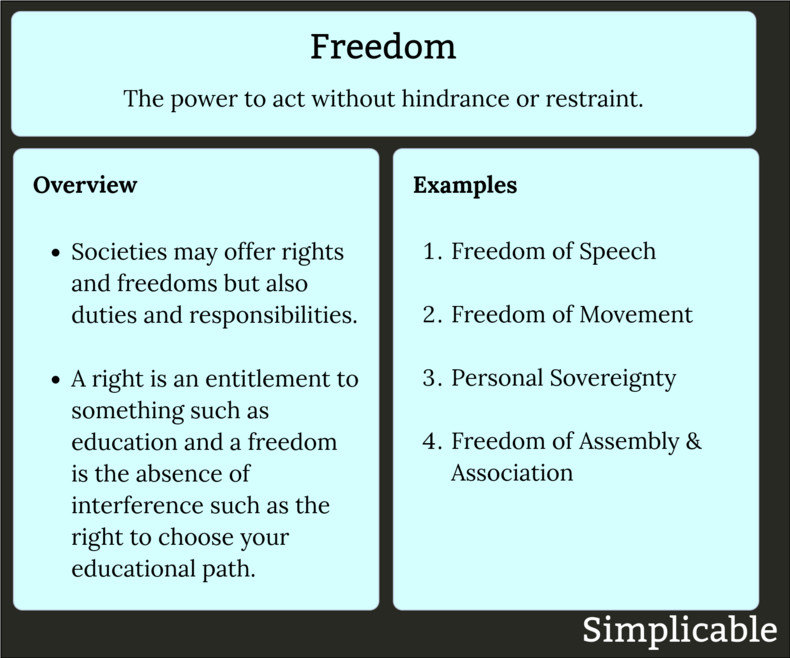
| Overview: Freedom | ||
Type | ||
Definition | The power and ability to think, act and speak without hindrance or restraint. | |
Related Concepts | ||








